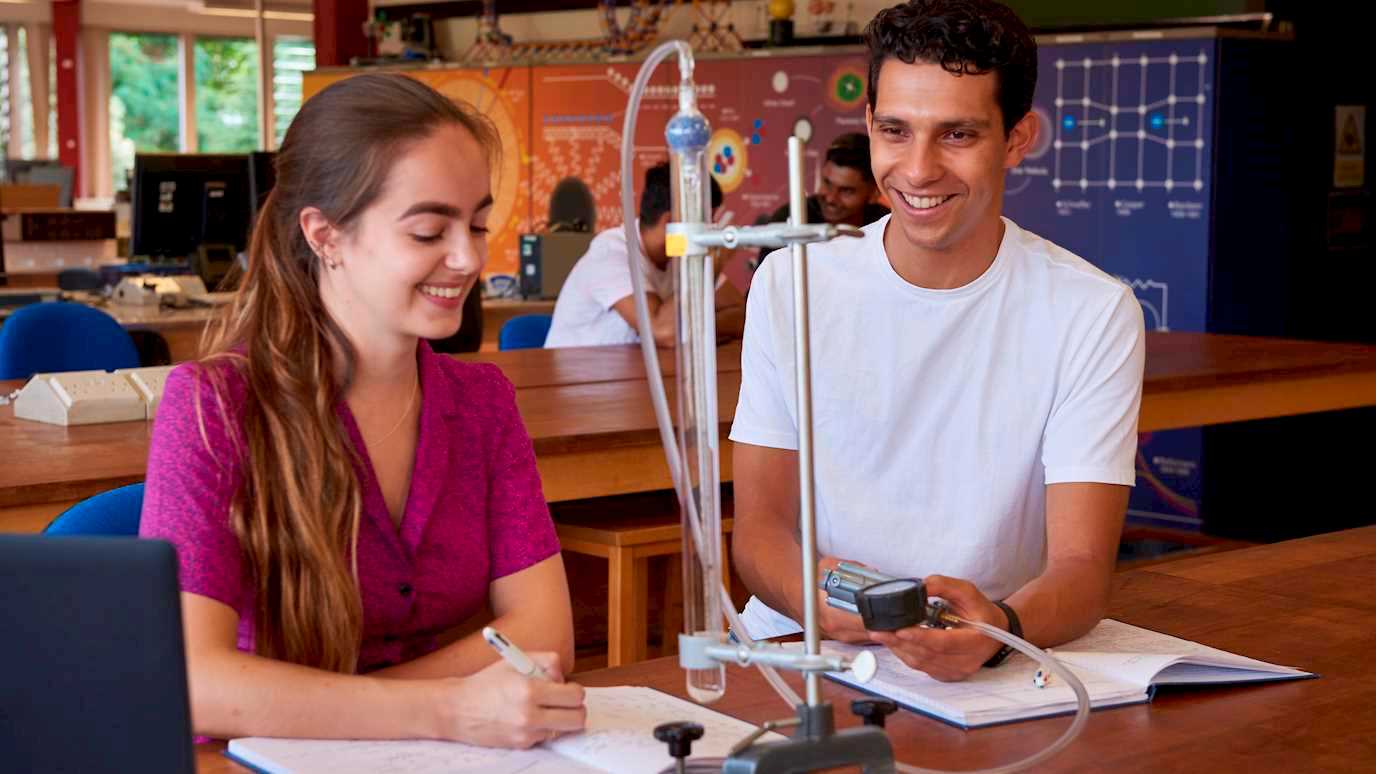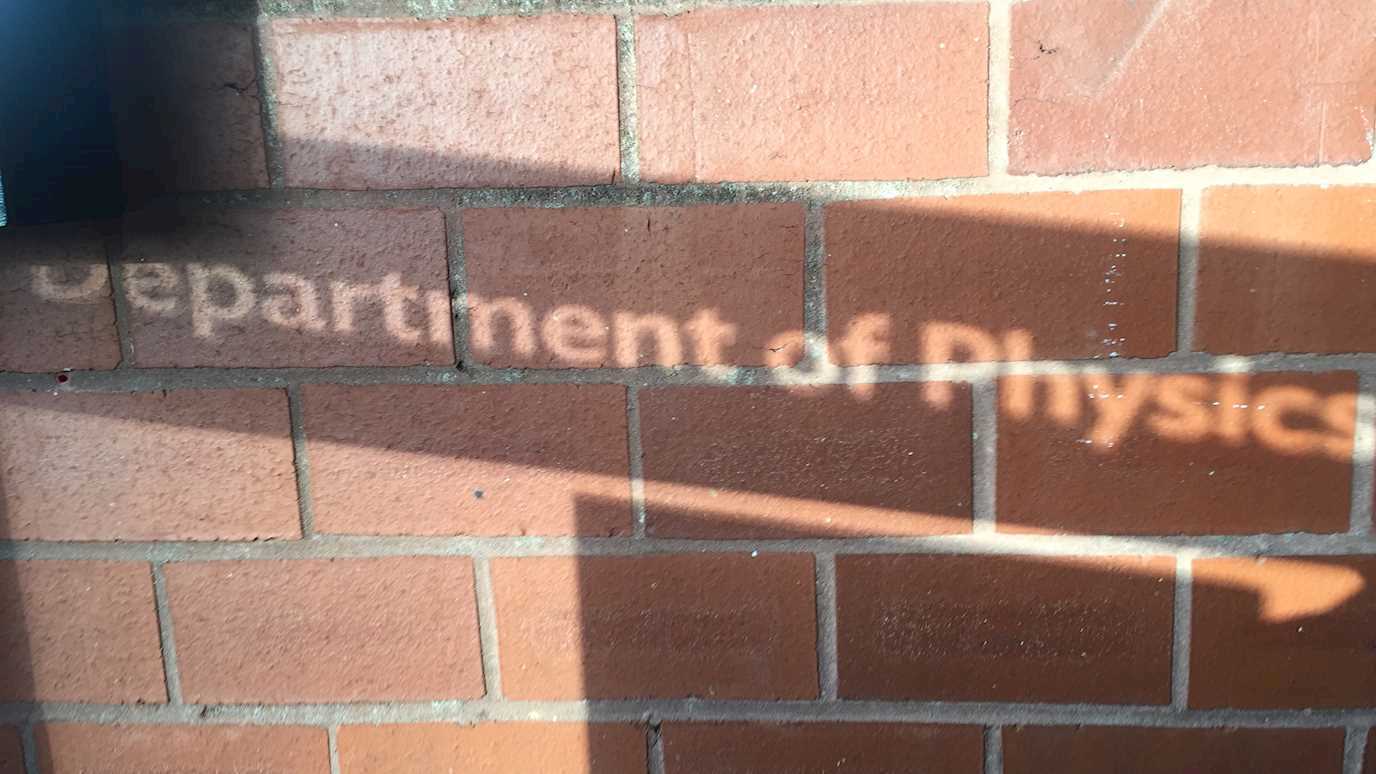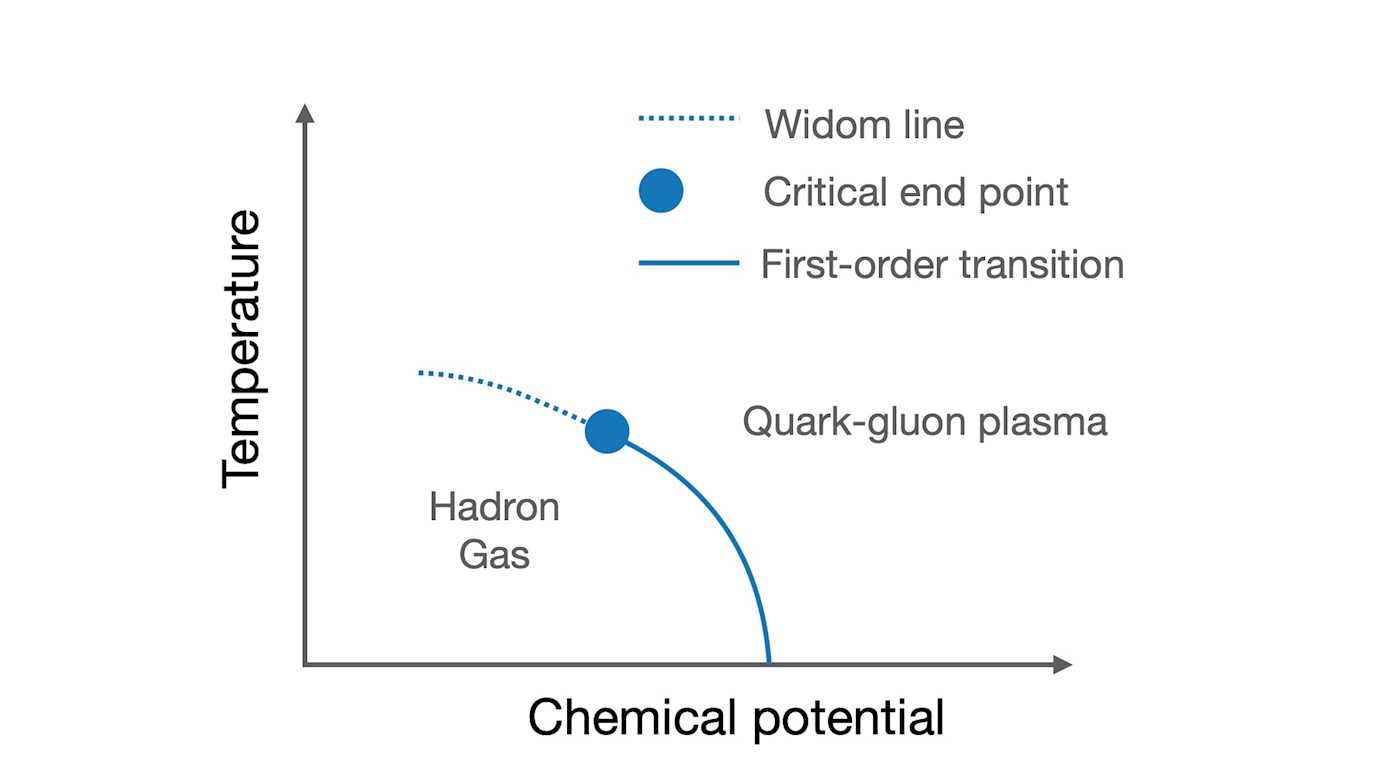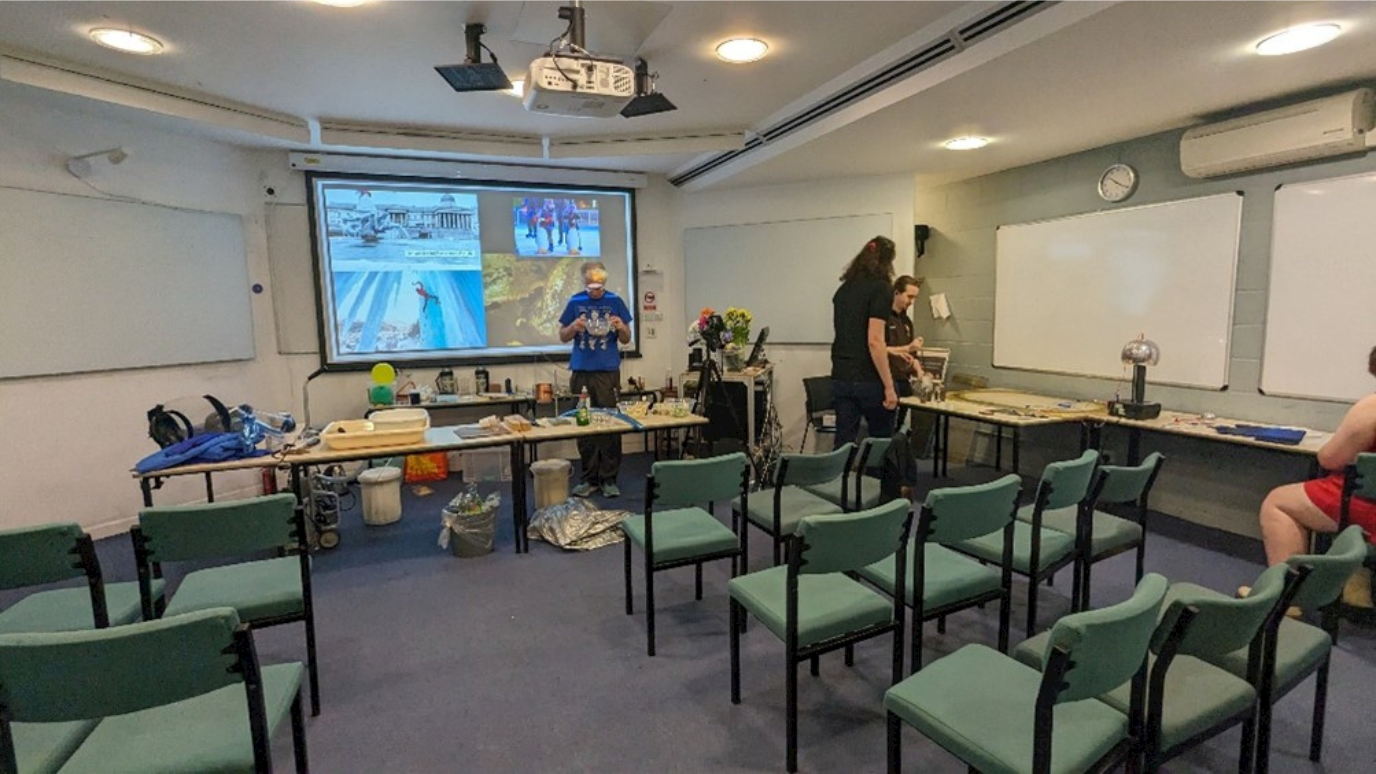Academics at Royal Holloway’s Department of Physics are part of a group of scientists, engineers and technicians from the UK involved in exciting research projects at the Large Hadron Collider (LHC) at CERN, the European Laboratory for Particle Physics on the French/Swiss border near Geneva.
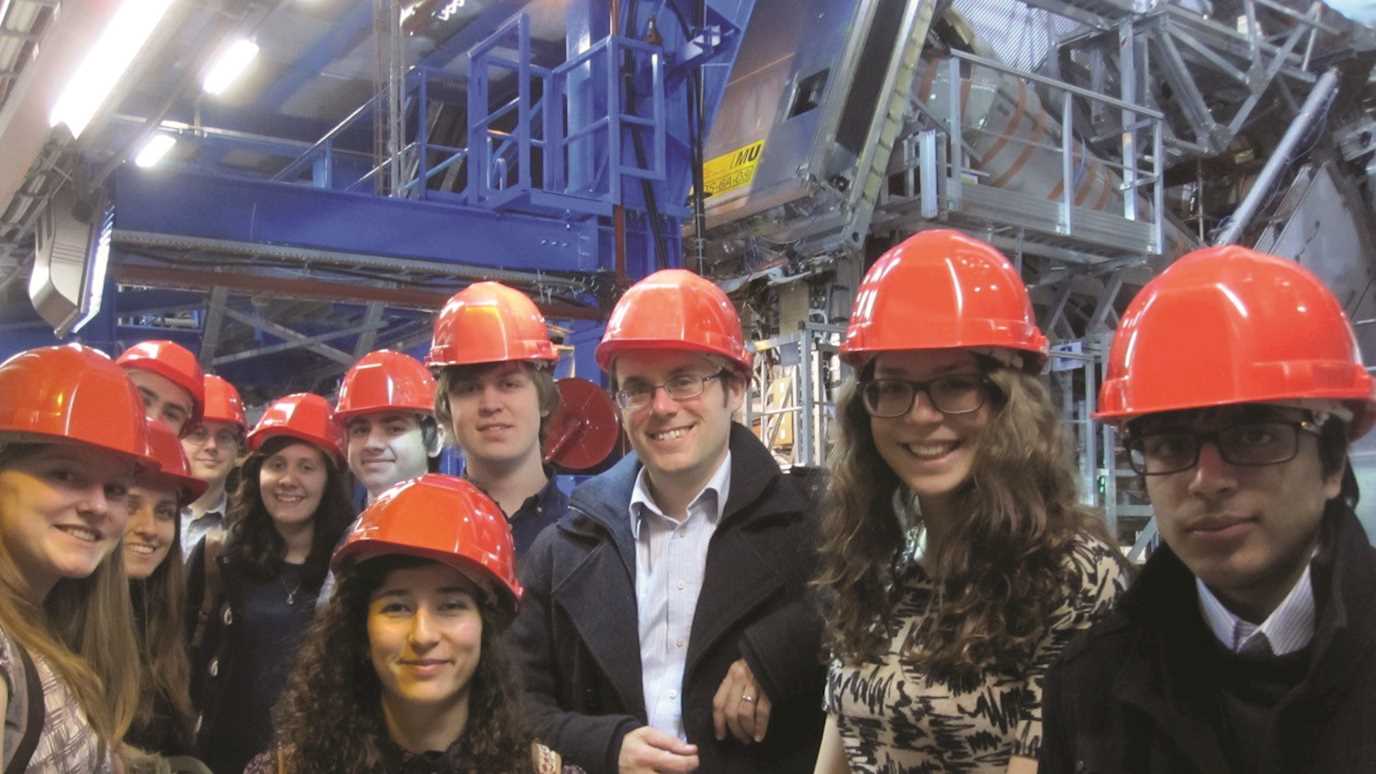
Many of our staff and students get to spend time at CERN, including second year physics undergraduates who visit the facility every spring.
As founding members of the ATLAS experiment at the LHC, we have a long-standing involvement in the Higgs boson, discovered at CERN in 2012, and in the ongoing, detailed study of its physical properties.
Located underground, the LHC is an ‘atom-smasher’ which collides two beams of protons head-on at extremely high energies. In the debris from these collisions other particles are routinely produced. Royal Holloway’s Accelerator group have helped CERN upgrade the LHC to increase the collision rate to many billions of proton interactions per second, which will enable incredibly rare and fascinating physics processes to be observed for the first time.
Within the High Luminosity LHC UK phase 2 project, we’ve helped to develop exquisite simulations of crystals placed in the particle accelerator, that can efficiently clean and control the proton beams as they travel around the 26.7 km LHC ring. We’re also behind the design of new beam diagnostics to measure the precise shape of the relativistic particle bunches as they fly past at 99.999999% the speed of light, just before they collide. This helps to optimise the collision rate which is crucial for future discoveries.
It was thrilling to see our electro-optical beam position monitor that was built at Royal Holloway being tested at CERN as part of the High- Luminosity LHC project to address a number of new experiments that the physics community have been eagerly awaiting.
In 2024, as CERN celebrates 70 years of scientific discovery and innovation, a new proposal for a much larger supercollider that could revolutionise physics and spark the future is being explored.
Scientists at Royal Holloway and right across the international physics community are waiting to see what the future holds for the new, more powerful machine, called the Future Circular Collider (FCC) which, if it goes ahead, would be developed in two stages and begin operating at CERN in the mid 2040s. The FCC will have capacity to collide electrons together with increased energy which will produce a large number of Higgs particles to study in detail. This could help scientists with the discovery of dark particles in the search for the two big unknowns – a force called dark energy which acts like the opposite of gravity and drives objects in the Universe such as galaxies apart, and dark matter, which can’t be detected but its presence is felt throughout gravity. Understanding these dark particles would lead to a more complete theory of how the Universe works.
It’s an exciting time to be part of the world’s largest experiment.
Find out more about the work of the particle physics research group at Royal Holloway here









